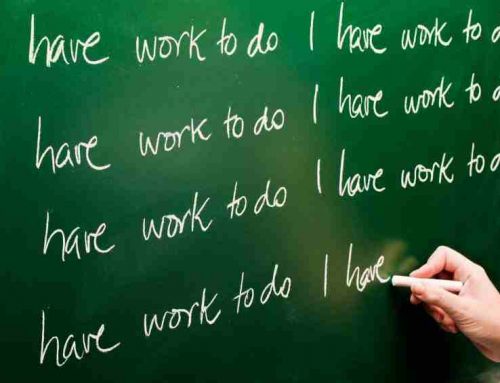Your Cubicle team is here to share with moms and dads some tips that they can use to not only help themselves be more productive, but help their children grow in the very important skill of understanding time management. If you’re a parent, you may experience the all too common issue of trying to be productive, trying to get things done, and have your children constantly interrupting you and is a common issue for most people, but the principle is, just try it.
Step 1
You may be surprised at how well children respond to these principles. I’ve found that often many of the things that I teach about time management principles, children can learn very quickly. For instance, even my three year old son understood the principle that when my door was closed when I work from home, that meant daddy was working. He also understood that at 5:00 everyday, I open my door and that meant daddy was done and didn’t touch work at that point.
Step 2
Number two is to recognize that this is an important life skill. They must learn how to respect the time of others, and also help themselves and others focus when it’s time to work. One little way that you can help them start learning this is by instituting quiet time. Quiet time is a special time during the day where our children understand that it’s time for them the play or work quietly by themselves. They don’t need to be entertained constantly by their parents or anyone else.

Step 3
This little skill of instituting quiet time helps children calm down, find ways to be creative by themselves, and then of course when it’s done, they can go back to playing and having fun around the house. Step three is the question that you’re asking. In particular, can this wait until? For instance, let’s say that you’re working on something at home, and one of your children comes and interrupts you.
“Hey, daddy, mommy, I’ve got a question.” You can ask them, “Can this wait until 2:00?” Or, “Can this wait five minutes?”
The idea is you’re not saying,
“Don’t interrupt me, “leave me alone,” you’re saying, “No, you’re important, “I want to listen to you, and this is when “I’m going to be available to do it.”
Now, if it can’t wait, if it’s an emergency, then of course you’re going to have to respond, but asking this question consistently will help them get more conditioned to understand that your time is important.
Step 4

Step four is teaching them about gathering. Now I talk about how everything has a home and there are no visitors allowed. If something’s out of place in your office or at your home, you need to gather it by putting it into the inbox. One of my clients heard about this and talked about it with her young daughter. They created the visitor patrol, with a fun name badge that she wore, and she went around the house finding all the visitors, all the items out of place, and she put them in the inbox.
Which is something by the way that your children can have. All of them can and should have their own inbox. If anything’s out of place, don’t have them put it away, have them put it in the inbox, which leads to the last tip. They should have processing time. Processing is the act of deciding what the next step is, when will it be done, and where is its home, and children can understand the idea of putting everything in its home. Even children who struggle with the idea of cleaning up know that something needs to go to its home.
You want to help them grow in how they understand time management. Our goal is not perfection, it is progress. Hopefully you’ve found some of these tips useful and will help your children grow in the future in this important skill.
CTTO to the images used.




















Leave A Comment
You must be logged in to post a comment.